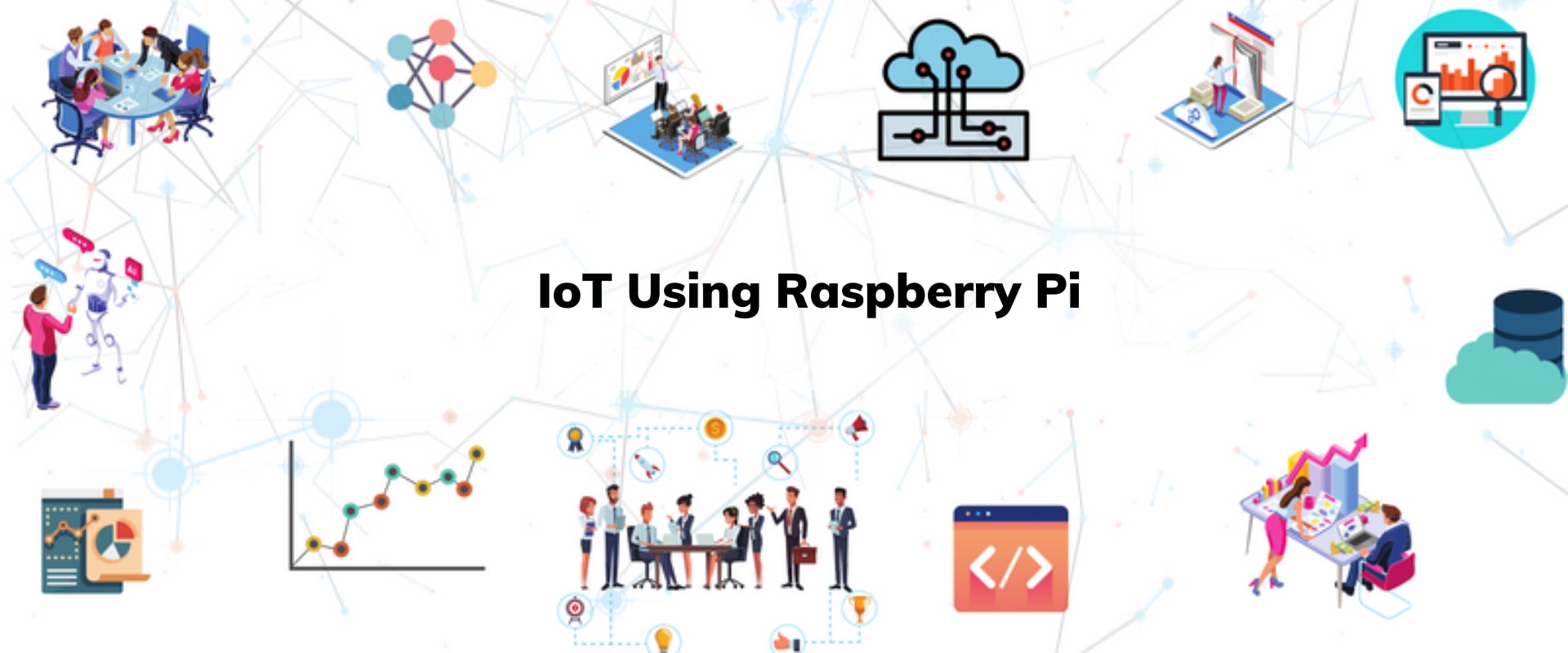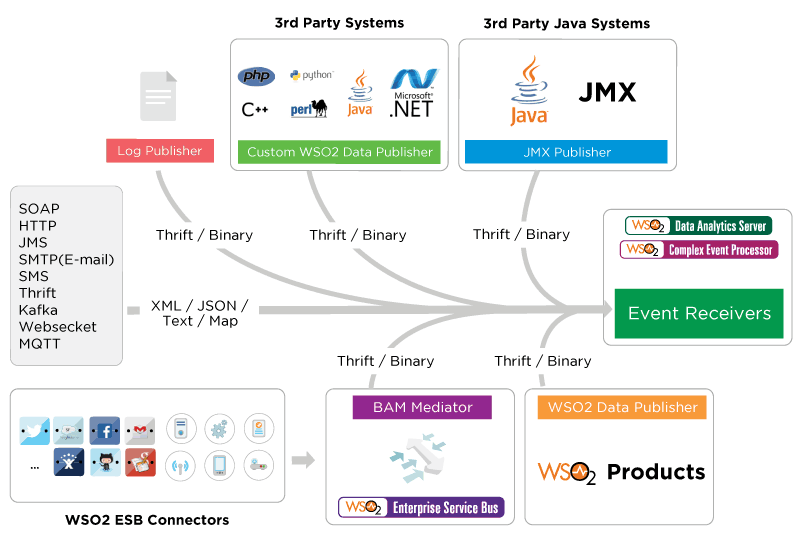Best Remote IoT Platform Raspberry Pi For Your Smart Projects
Hey there, tech enthusiasts and IoT wizards! If you're diving into the world of remote IoT platforms and Raspberry Pi, you're in the right place. The best remote IoT platform Raspberry Pi can turn your wildest tech dreams into reality. Whether you're building a smart home, automating your garden, or creating a futuristic gadget, this guide will be your ultimate companion. So, buckle up and let's get started!
Nowadays, the Internet of Things (IoT) has become more than just a buzzword; it's a game-changer. From wearable devices to industrial automation, IoT is everywhere. And when it comes to making your IoT dreams come true, Raspberry Pi stands out as the go-to device. But wait, there’s more. To unlock its full potential, you need the best remote IoT platform Raspberry Pi can offer.
In this article, we’ll explore the top platforms, their features, and how they can revolutionize your projects. We’ll also dive into some technical details, provide practical tips, and share insights from experts in the field. So, whether you're a beginner or a seasoned pro, this guide has something for everyone. Let's make your IoT journey smooth and exciting!
Table of Contents
- Introduction to IoT Platforms
- What Makes Raspberry Pi Special?
- Top Remote IoT Platforms for Raspberry Pi
- Key Features to Look For
- Comparing the Best Remote IoT Platforms
- Setting Up Your First IoT Project
- Ensuring Security in IoT Projects
- Scalability and Future-Proofing
- Leveraging Community Support
- Final Thoughts and Next Steps
Introduction to IoT Platforms
Before we dive into the specifics, let's break down what an IoT platform is and why it matters. Think of an IoT platform as the backbone of your smart projects. It connects your devices, manages data, and ensures everything runs smoothly. Without a solid platform, even the most brilliant ideas can fall flat.
For Raspberry Pi users, choosing the right platform is crucial. The best remote IoT platform Raspberry Pi should offer ease of use, scalability, and robust security. But with so many options out there, how do you decide? That's where this guide comes in.
Some of the most popular platforms include AWS IoT, Microsoft Azure IoT, and Google Cloud IoT. Each has its strengths, and we’ll explore them in detail later. But for now, let’s focus on why Raspberry Pi is such a game-changer in the IoT world.
What Makes Raspberry Pi Special?
Raspberry Pi is not just another single-board computer; it's a powerhouse for makers and developers. Its affordability, versatility, and community support make it an ideal choice for IoT projects. Plus, it’s compatible with a wide range of sensors, modules, and peripherals, giving you endless possibilities.
Here are a few reasons why Raspberry Pi is so special:
- Compact Size: It’s small enough to fit in your pocket but powerful enough to handle complex tasks.
- Cost-Effective: With prices starting at just $35, it’s a budget-friendly option for hobbyists and professionals alike.
- Versatile: From home automation to industrial applications, Raspberry Pi can do it all.
- Community Support: A vast community of developers and enthusiasts means you’ll never run out of resources or ideas.
So, when you combine Raspberry Pi with the best remote IoT platform, the possibilities are endless. But which platform should you choose? Let’s find out!
Top Remote IoT Platforms for Raspberry Pi
AWS IoT Core
AWS IoT Core is one of the leading platforms for IoT projects. It allows you to connect billions of devices and interact with them securely and efficiently. With its robust infrastructure and advanced analytics, AWS IoT Core is a top choice for enterprises and developers.
Key features include:
- Device Management: Easily manage and monitor your devices from a central dashboard.
- Secure Communication: Ensure your data is protected with end-to-end encryption.
- Scalability: Handle millions of devices without breaking a sweat.
While AWS IoT Core is powerful, it can be a bit overwhelming for beginners. But with the right resources and tutorials, you can master it in no time.
Microsoft Azure IoT Hub
Another top contender is Microsoft Azure IoT Hub. This platform offers seamless integration with other Microsoft services, making it a great choice for businesses already using Azure. It also provides robust security features and advanced analytics capabilities.
Some standout features include:
- Device Provisioning: Simplify the process of adding new devices to your network.
- Real-Time Analytics: Get insights into your data as it happens.
- Cloud Integration: Seamlessly integrate with other Azure services.
Azure IoT Hub is a versatile platform that caters to both small-scale and enterprise-level projects. Plus, its pricing model is flexible, so you only pay for what you use.
Key Features to Look For
When choosing the best remote IoT platform Raspberry Pi, there are a few key features you should consider. These features will ensure your project runs smoothly and scales effortlessly.
Here’s a quick rundown of what to look for:
- Device Management: Can you easily add, remove, and monitor devices?
- Security: Does the platform offer end-to-end encryption and secure communication?
- Scalability: Can it handle a growing number of devices and data points?
- Analytics: Does it provide real-time insights and advanced analytics?
- Community Support: Is there a vibrant community of users and developers?
By keeping these features in mind, you’ll be able to choose a platform that meets your needs and exceeds your expectations.
Comparing the Best Remote IoT Platforms
Now that we’ve covered some of the top platforms, let’s compare them side by side. This will help you make an informed decision based on your specific requirements.
AWS IoT Core vs. Microsoft Azure IoT Hub
Both platforms are excellent choices, but they cater to slightly different audiences. AWS IoT Core is ideal for large-scale projects that require robust analytics and scalability. On the other hand, Azure IoT Hub is perfect for businesses already using Microsoft services and looking for seamless integration.
Here’s a quick comparison:
- AWS IoT Core: Best for enterprises with complex data needs.
- Azure IoT Hub: Great for businesses using other Microsoft services.
Ultimately, the choice depends on your project’s specific requirements and your familiarity with the platform.
Setting Up Your First IoT Project
Ready to get started? Setting up your first IoT project with Raspberry Pi and your chosen platform is easier than you think. Here’s a step-by-step guide to help you along the way.
Step 1: Gather Your Materials
- Raspberry Pi (any model will do)
- Power Supply
- MicroSD Card with Raspberry Pi OS installed
- Sensors and peripherals (optional)
Step 2: Connect to Your Platform
- Create an account on your chosen platform (AWS IoT Core, Azure IoT Hub, etc.)
- Follow the platform’s documentation to connect your Raspberry Pi.
Step 3: Start Building
- Write your code and test your setup.
- Monitor your devices and data from the platform’s dashboard.
With these steps, you’ll be up and running in no time. And remember, don’t be afraid to experiment and learn as you go.
Ensuring Security in IoT Projects
Security is a top priority in any IoT project. With the best remote IoT platform Raspberry Pi, you can implement robust security measures to protect your data and devices.
Here are a few tips to keep your project secure:
- Use End-to-End Encryption: Ensure all communication between devices and the platform is encrypted.
- Regularly Update Firmware: Keep your Raspberry Pi and connected devices up to date with the latest security patches.
- Implement Access Controls: Limit access to your devices and data to authorized users only.
By following these best practices, you’ll create a secure and reliable IoT ecosystem.
Scalability and Future-Proofing
As your projects grow, scalability becomes a critical factor. The best remote IoT platform Raspberry Pi should be able to handle an increasing number of devices and data points without compromising performance.
Here are a few tips to ensure scalability:
- Choose a Platform with Proven Scalability: Platforms like AWS IoT Core and Azure IoT Hub are designed to handle millions of devices.
- Plan for Growth: Anticipate future needs and choose a platform that can accommodate them.
- Optimize Your Code: Write efficient code to reduce resource usage and improve performance.
By planning ahead and choosing the right platform, you’ll future-proof your IoT projects and avoid costly upgrades down the line.
Leveraging Community Support
One of the greatest advantages of using Raspberry Pi for IoT projects is the vibrant community of developers and enthusiasts. This community provides a wealth of resources, including tutorials, forums, and open-source projects.
Here’s how you can leverage community support:
- Join Online Forums: Participate in discussions and ask questions to get help from experienced users.
- Follow Tutorials: Learn from others’ experiences and discover new techniques.
- Contribute to Open-Source Projects: Share your knowledge and collaborate with others to build something amazing.
By tapping into the community, you’ll accelerate your learning and expand your network of contacts.
Final Thoughts and Next Steps
So, there you have it – the ultimate guide to the best remote IoT platform Raspberry Pi. Whether you choose AWS IoT Core, Microsoft Azure IoT Hub, or another platform, the key is to find one that meets your specific needs and goals.
Remember, the IoT world is constantly evolving, so stay curious and keep learning. And don’t forget to share your experiences and projects with the community. Who knows? You might inspire someone else to take their first step into the world of IoT.
Now, it’s your turn. Take action by:
- Trying out one of the platforms we discussed.
- Building your first IoT project with Raspberry Pi.
- Sharing this article with fellow tech enthusiasts.
And if you have any questions or feedback, feel free to leave a comment below. We’d love to hear from you!


